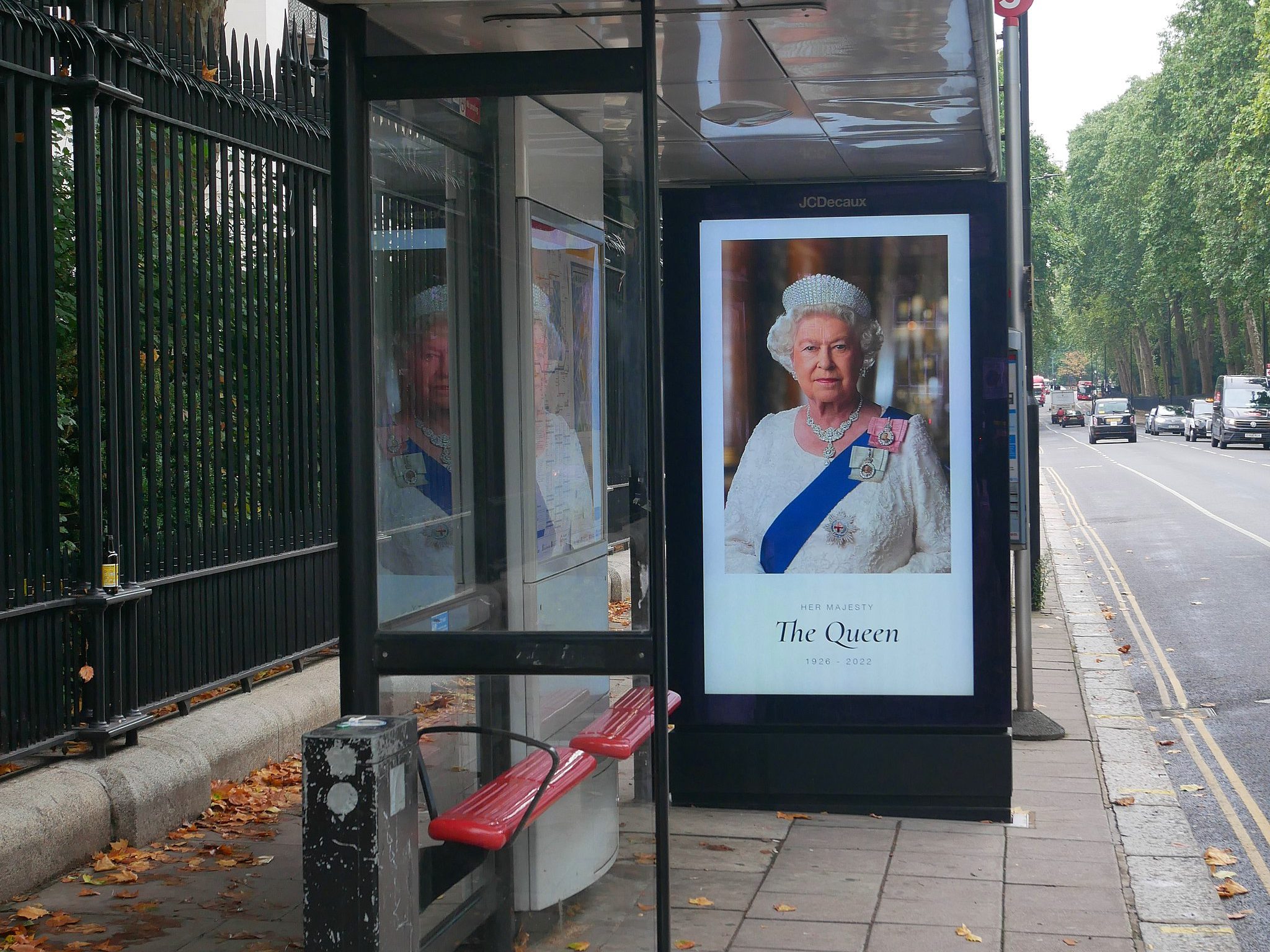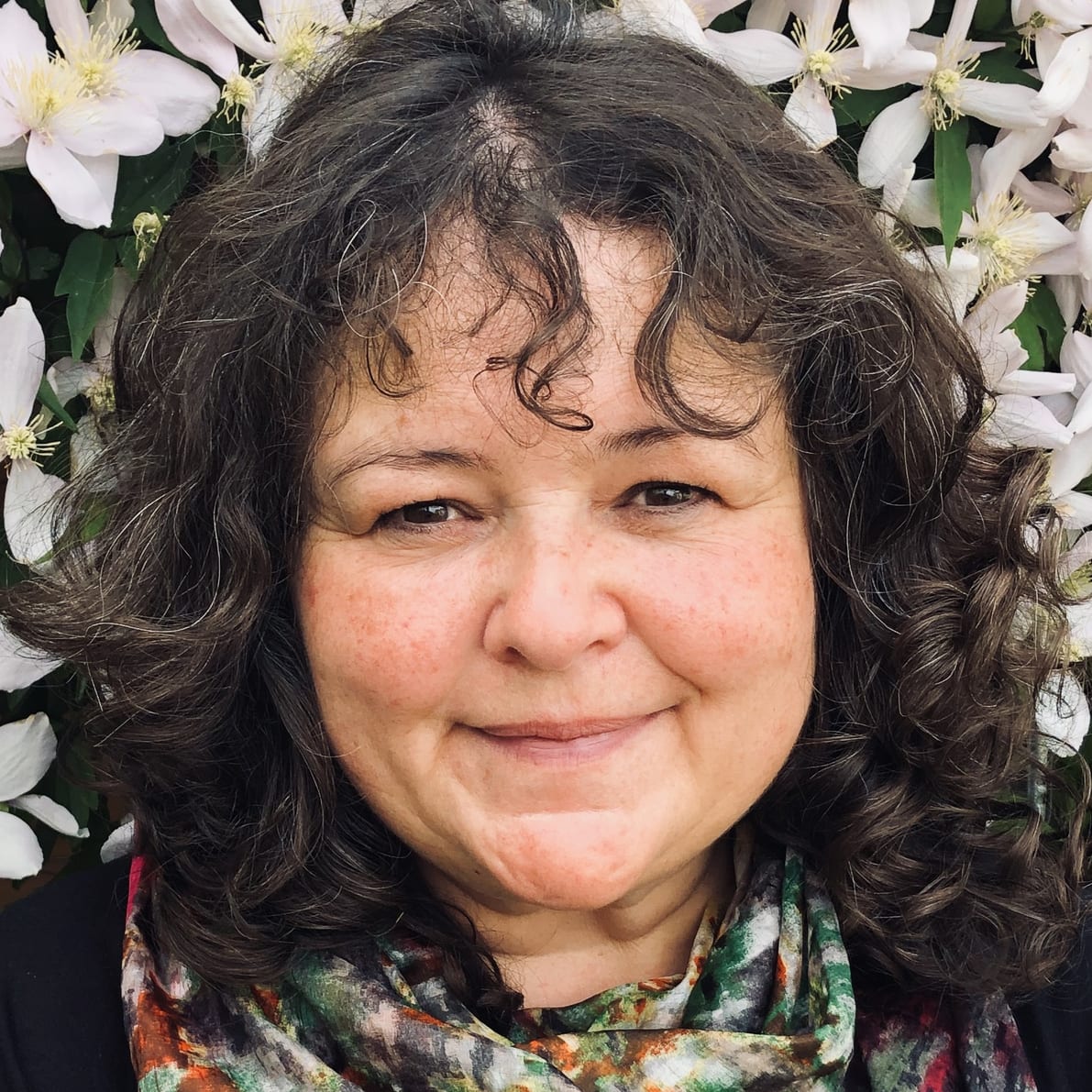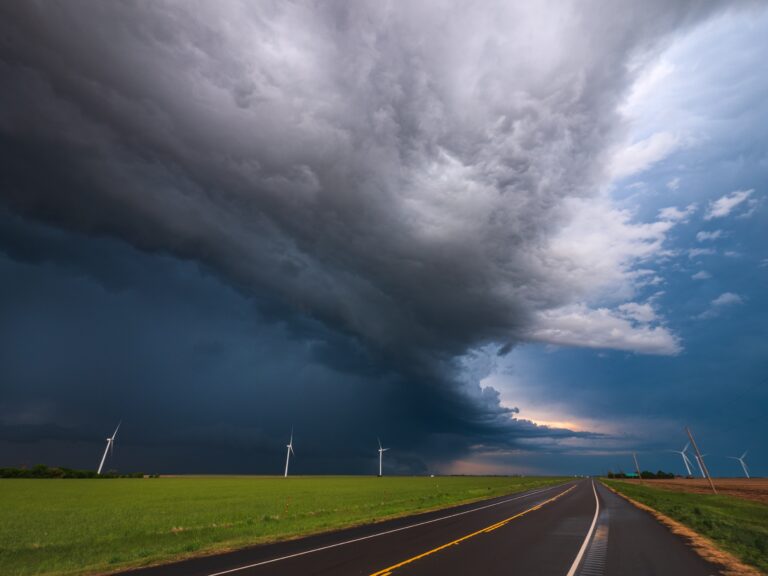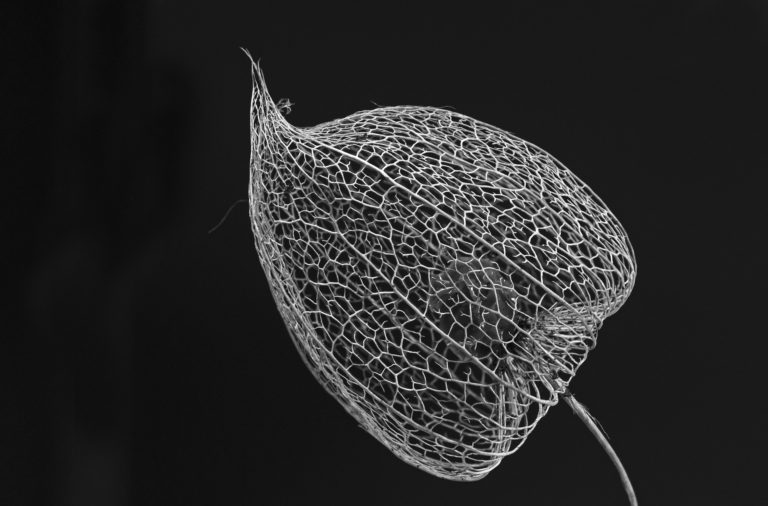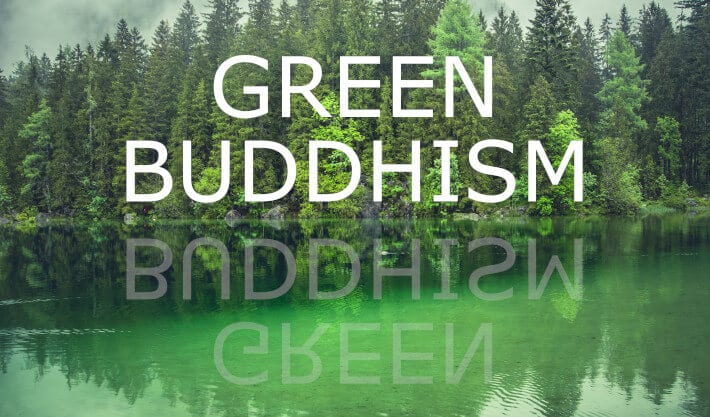To my surprise, I found myself writing to Queen Elizabeth II last weekend, who died the previous Thursday:
It came from Marks & Spencer – the dress I wore on the village green. It was red, white and blue with little flowers. We sang to you, waved flags, picnicked. We were celebrating your silver jubilee, apparently. I was celebrating careering about with my friends and drinking cherryade – a rare treat – sitting atop straw bales.
Tears roll seeing photos of your loved ones rushing to your bedside. Knowing the heart sink of such final journeys and treading the precipice between life as we know it and all-too-soon-to-be life as it was. Head banging, dry throat.
I’m standing on the common, encircled by friends. The low sun shines in my eyes and I’ve got butterflies. I’m practising lines repeatedly under my breath. My Brownie uniform is “you’ll grow into it” size and I look at my feet before launching in, “I promise that I will do my best…”. I hope I’m doing the three fingered salute right, making my promise to serve you, God, and the Brownie Guide law. The sense of gravitas of that sunlit moment – even now, nearly half a century later – puts me in mind of the vows of being ordained or being married (except they didn’t include you or God).
Dear Queen, my ears ring, as they do, with the white noise of grief, but no one I know personally has died – not today, anyway.
The lack of a pause, a quiet moment, was dizzy-making.
I’m aid-working in Nyeri in the Kenyan Highlands. I promise Dad – one of your loyal subjects and the keenest of scouts – that I’ll visit the final resting place of the Baden-Powells. Near the tomb I meet a toothless, beautifully wrinkled face Nyeri man wearing an old army beret. In his broken English – far better than my broken Swahili, let alone Kikuyu – he tells me about meeting the Queen back in the day, how very proud he was. He salutes me as we part. I salute back, to his amusement. We later pause at Tree Tops, the famous lodge near to where Princess Elizabeth became Queen at 25 – the same age as I was back then. I’m less in awe of her fortitude and perseverance and more with the deep shock and sorrow she surely felt on this land. We travel onwards to stay at the nearby Ark where we watch in awe as baby elephants feed. My head spins at the weirdness of colonialism and its after map and aftermath and I wonder what on earth I’m doing here.
It’s a full moon in a full week. There’s all this change here and it’s too much, except for the excited tingle in my solar plexus.
“It’s the end of an era”. Dear Queen, it’s an ending that is so long overdue. There is a cringe in these bones, their marrow with an uneasy intergenerational memory of the coloniser and the colonised. This ‘English Rose’ skin in its youth – mainly white – refuses to eradicate the existence of my maternal ancestors no-named as ‘Indian ladies’, in the carefully penned ink of British Indian records. The misleading language of ‘commonwealth’. Wealth never was for the common folk – a fact becoming increasingly visible by the day, by the minute, in fact – it is and was plundered from the common folk.
I cry for the end of what we thought we knew. I cry because what we knew was never what it seemed (are we finally waking up?)
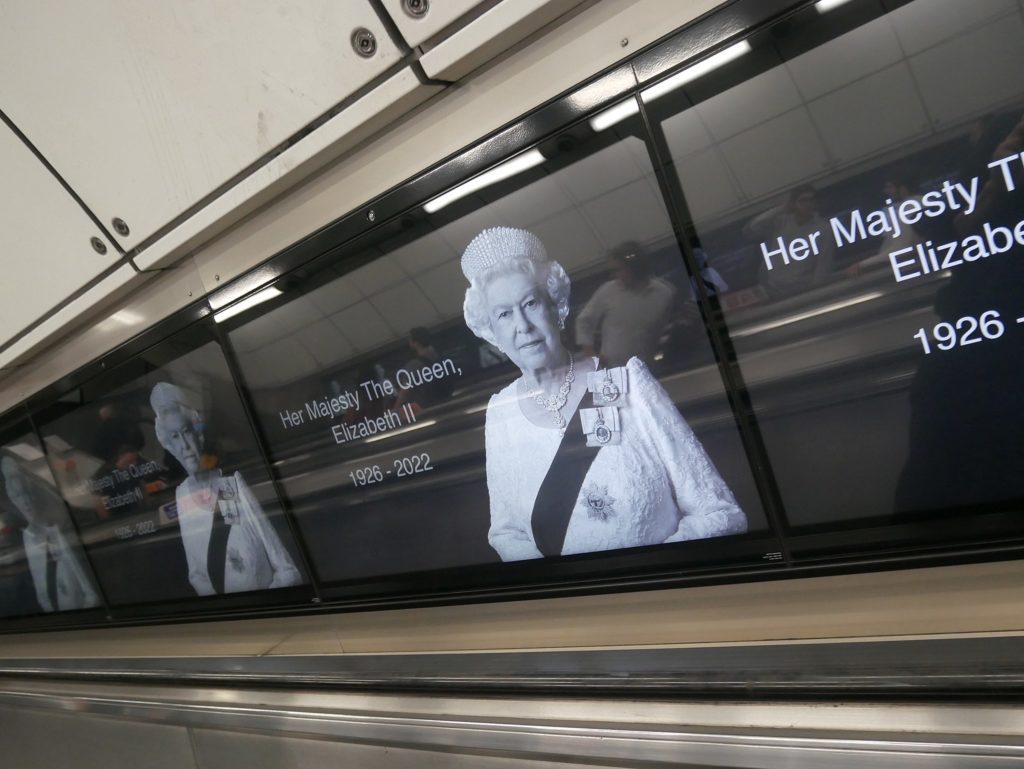
You were astonishingly stoical and visibly committed. For that, I applaud you. I’m glad that in your first 10 years you weren’t destined to be Queen; freer to play, free of being groomed as an heir to the throne. You, too, were ensnared by your destiny, and perhaps, your stoicism. You’ve never been a grandma to me, I had two of my own. Both were fiercely loyal to you: a loyal colonial subject and a loyal Briton who might have been your elder sister in style and manner. Today I feel for those who call you their friend, granny, great-granny, or Mum. The 10 days – or 10 months, or whatever it needs – of grief are for them and not for us.
I feel a quiet excitement at the thought of a dawning of a new age. I celebrate a new era, rather than celebrating your death.
I am excited for you that you are freed from the drudgery of Duty, being so constant in the crippling status quo of this stifling, conservatively run little kingdom, struggling to keep hold of the last, tattered golden threads of empire, spun by underaged hands. The passive aggression of this divided land. May it be God less, Queen less – peace full. May we slow it all down, including the endless commentary of this grubby, grabby attention economy. May the new be free to emerge. May we stop shouting and tweeting and notice the ordinary beauty everywhere. May we truly care for one another and our home, this precious planet.
These days I don’t wear red, white and blue (or brown uniforms). Still, I wish you freedom. A heavenly, endless gallop across a heathery glen! I relinquish my allegiance to you. I hope this realm can break free of its archaic delusions, catching its breath and remembering it is 2022 – and here we all are. What in our wildest dreams could the ‘great’ in Britain really look like?
I’m not in the habit of writing to the Queen, not even in momentous weeks. I realise after weeding the vegetable garden that it is equanimity I am scrabbling to find. No sooner had the Queen’s death been announced than the news channels were flooded with analysis and the ‘reactions from…’ so beloved of the mainstream media. The lack of a pause, a quiet moment, was dizzy-making. Next day I visited Twitter; some folks censoring and, predictably, others shouting even louder in response. I didn’t stay too long.
The closing question in my letter about what would be truly ‘great’ resounds, as does how we pay attention to our wildest dreams! For me this urgently and lovingly includes how we meet the interrelated crises, like climate emergency, at a time when there is a chronic lack of listening to one another.
I feel a quiet excitement at the thought of a dawning of a new age.
Right now, greatness is equanimity. Equanimity which is fully engaged with what’s right here, right now, rather than a pseudo calm state sustained by withdrawing from the world in pursuit of a false personal nirvana. Equanimity which is steadying, yet compassion-filled, acknowledging reality and transience, moment by moment. I take some breaths.
I do my best to keep my heart open, listening to weeping friends and colleagues who feel like they’ve lost their granny – and/or are processing the grief for the loss of their actual granny, belatedly. I stay heart open to the impassioned voices, understandably pointing out the importance of the end of this era which has concealed structural oppressions and its enormous suffering.
I watch a minimal amount of BBC news, feeling like an uneasy, duped extra in a strange fairy tale movie. I find it unbearable watching the stalking of a grieving family and the toxic co-dependency between the media and the British royalty, more visible since the untimely death of Princess Diana. I seek other important news – from Pakistan, from Ukraine, from the Mediterranean where six people die every day, seeking sanctuary in Europe – and life goes on.
The stage set has changed and a different play is about to begin here. Let’s name that, digest its complexity together, listen to our wildest dreams rather than relying on replayed scripts in life going on. How do we embody equanimous integrity, bridging between one another in these uncertain global times?

